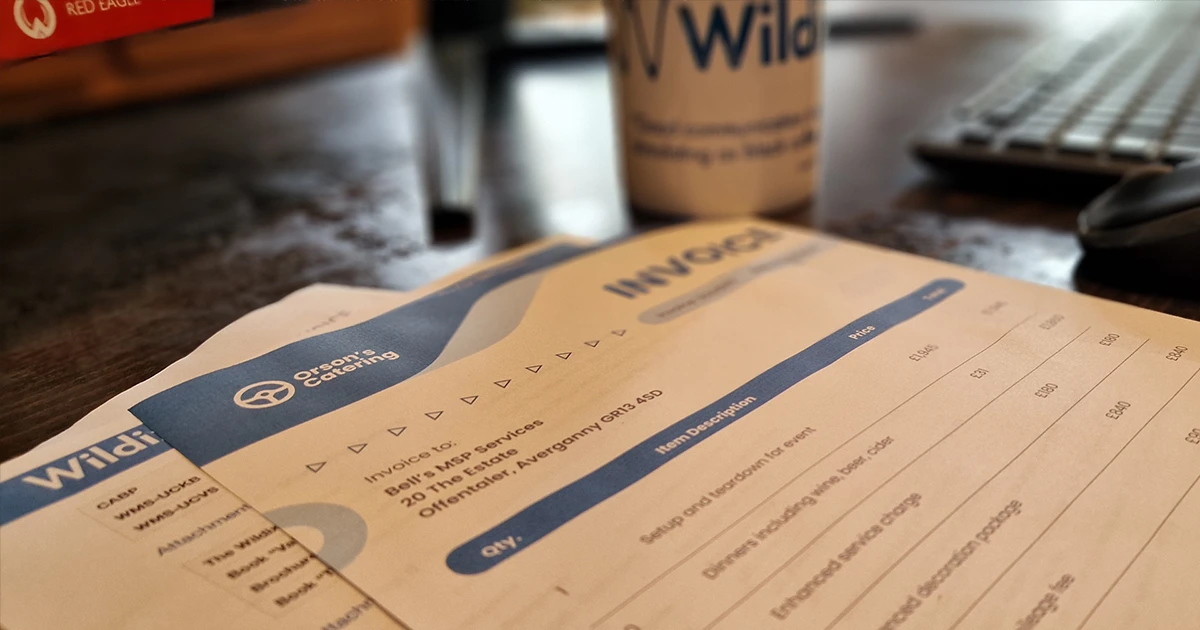
If there’s one thing you can’t afford to get wrong, it’s money. All businesses rely on a steady stream of income to make a profit (or at least increase turnover), and most will set up systems that help track and manage it. A simple billing solution is a necessity for any MSP, VAR or SI.
However, there are complications, as other people want a slice of that money as well — usually in the form of taxes. For most countries, the tax burden is fairly simple: you pay some sort of general sales tax (sometimes GST or VAT) on the turnover of the business. In a few cases, you’ll have to pay some sort of regulatory fee as well.
This means in most countries, a VoIP service has a well-defined tax regime that functionally doesn’t differ from a brewery or a tractor manufacturer.
Even then, a billing-on-behalf solution works well for MSPs as it simplifies overall billing services. This makes life easier (just like UCaaS should!) and allows you to focus on your business, not collecting revenues and creating quotes.
So let’s take a look at the most complex VoIP tax system of all: The United States.
Understanding US VoIP Taxes
So there’s an important caveat here: This is not tax advice, and naturally, there may new developments due to the way taxes often change! That said, we’ll aim to give an accurate overview of VoIP taxes.
Federal level
The Federal Communications Excise Tax applies to long-distance phone services, and this often affects VoIP communications. Then there’s the Universal Service Fund fee, which is technically not a tax (but let’s include it anyway). This supports telecoms for rural, low-income and high-cost areas and schools and libraries.
State level
At the state level, you may have a state sales tax, which is a general tax on goods and services. Then you may have an additional state excise tax, which is specific to VoIP and telecoms. This might be called a telecommunications tax or a telecommunications infrastructure maintenance fee (or both, in the case of Illinois). States may also impose their own USF surcharge, and they also may have an E911 fee for use of the Enhanced 911 emergency response service (which allows emergency services to locate users).
Local level
Then there are taxes at the local level, including local sales or excise taxes. There may also be a Public Utility Commission fee that is for regulating and maintaining telecoms infrastructure and municipal franchise fees, which go towards maintaining rights of way for telecom equipment as well. These may also be called a Utility Users Tax.
Other fees
In the event of a disaster, there may be a disaster recovery surcharge to help pay for recovery efforts after an emergency that has affected telecommunications infrastructure.
All of this is simply exhausting and complex, especially for businesses that do business across multiple states or in multiple countries. It becomes even more complex by two terms: Nomadic VoIP and Fixed VoIP.
- Nomadic VoIP: A call from a line that could be in any location (e.g., a mobile or a laptop).
- Static VoIP: Reliant on one location (e.g., a phone).
And there’s one more set of definitions that make the regulatory process even more complicated: Non-interconnected VoIP and Interconnected VoIP.
- Non-interconnected VoIP: Peer-to-peer service that allows users to contact those using the same software but does not allow trunk access to the regular telephone network.
- Interconnected VoIP: Allows calls to the regular telephone network.
The most complicated tax system is usually an interconnected nomadic VoIP system because they rely on access to the telephone network yet the origin of the call differs.
Yet more complications arise when bundling services. Taxes may apply to part of the bundle or all of the bundle, depending on the state or local area.
Billing-on-Behalf Solutions
While you could simply throw everything into a spreadsheet and work it out from there, there are significant issues if you do that. First, taxes change regularly, sometimes yearly. Remember that if you’re the carrier of record, you are liable if the taxes you charge don’t line up with what’s expected. This applies worldwide, of course.
In addition, there may be cases where it’s more cost-effective to use the FCC’s safe harbor ratios … and times when it’s not. Any solution you use should be capable of determining the most appropriate taxes to charge and how to charge them.
Billing on behalf makes compliance easier, streamlining your processes and ensuring the right tax is remitted to the right people. That means lower overhead and reduced admin burden — if you’re spending less time on tax calculations and billing, you have more time for yourself and your actual business.
Billing on behalf also means higher customer satisfaction. Because you can easily break down your solutions, you’re more transparent when it comes to customers, so they can see what they’re getting. This also makes your solution more resilient to counter-offers — you can explain every line item and ensure that you’re delivering exactly what they need.
At Wildix, we have a great billing-on-behalf solution that can also remit taxes in the US. It ensures transparency, builds up your business and delivers great customer satisfaction with its easy-to-use interface. Best of all, there’s only a small per-transaction fee to pay — we don’t make money from it.
So if you need to reduce your admin, improve customer satisfaction, track invoices and pay taxes more effectively, talk to our sales team today!
For more insights on making your MSP more efficient, subscribe to receive our magazine for free!